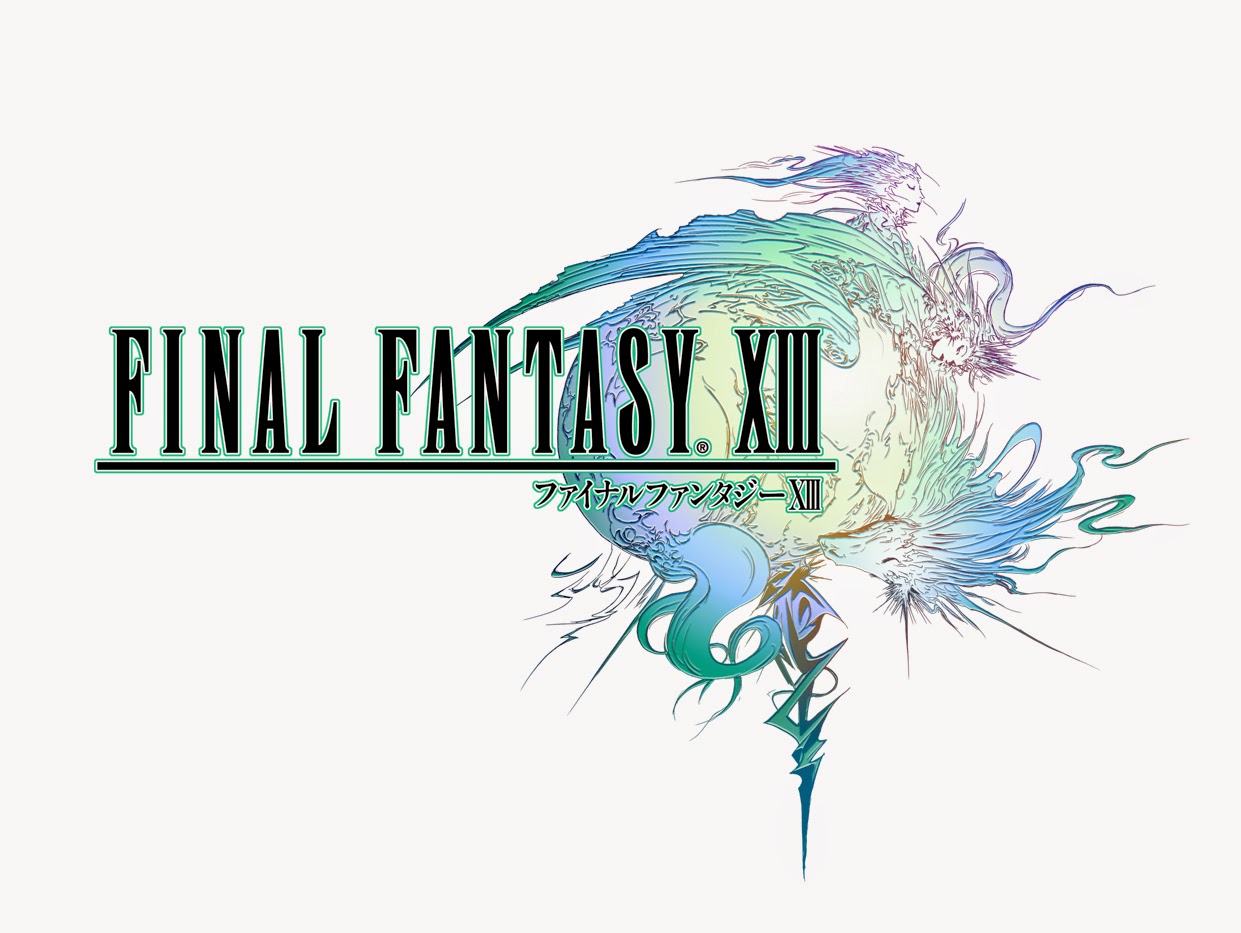That's not to say I've not read some fine work this year. In terms of non-fiction, it's been the best year I've probably ever had; indeed, my non-fiction reading has exceeded the amount of SF I've managed to read. On the other hand, I've not read as much short fiction as I would like. Interzone and Black Static have been all I've managed on a consistent basis, and I'm an issue behind in each of those as it is.
My reading this year has been more eclectic than in previous years. The Iliad, Superman: Red Son, How to Change the World: Tales of Marx and Marxism, The Explorer, Calcio... The list goes on. As usual I've consciously tried to read an equal split between men and women writers, a task I've hopelessly failed at this year (just 23 out of 102 books were written by or contributed to by women). Thanks to now possessing a Kindle Fire, I've been able to read a number of graphic novels which I've been waiting to read for some time.
From what I've read, seen, and played, my year's best is as follows:
Best film
Interstellar reminded me of 2001: A Space Odyssey in some ways, although in others it was a very different film. Perhaps the start was slow, and some of the science failed a little, but as a spectacle it was superb. One scene in particular was outstanding.
Best football book
Jonathan Wilson's Inverting the Pyramid was an outstanding history of football tactics. His more recent work The Outsider was a remarkable work on the history and development of the position and role of the goalkeeper. Anecdotal in places, and showing Wilson's tactical awareness, The Outsider is one of the most readable books I've read about football.
An honourable mention goes to Simon Kuper's Football Against the Enemy, which is one of the outstanding football books of the last 30 years.
Best history book
Both Iron Curtain by Anne Applebaum and The Penguin History of Modern Russia by Robert Service were outstanding, but the best work of history I've read this year is Anna Funder's Stasiland. Political history can be terrifying, but it's this kind of oral social history which brings the realities of a totalitarian state home.
Best graphic novel
I have to admit that after a good start, Y: The Last Man tailed off. Superman: Red Son was a tremendous stand-alone work. But the best I've read this year was the conclusion to Joe Hill's Locke and Key series, which brought the tale of the Locke children and their struggle to a conclusion. It was tremendous read throughout, and the conclusion was appropriately powerful, horrific, and compelling.
Best novel
There are only really two contenders, despite having read some good books this year. Perhaps the pick of the new fantasy novels I've read was Scott Lynch's The Republic of Thieves. And I didn't read any horror novels whatsoever. But the two main contenders for best book I've read this year are Emphyrio by Jack Vance, and The Spy Who Came In From The Cold by John Le Carré. And I can't pick between them. Both were outstanding in different ways.
Best TV series
Another tough category to finish. I've not watched much telly this year, either on the telly or via boxsets. The most I've watched live has been the World Cup, having given up on Doctor Who a couple of years back. I've caught snippets of Borgen, and occasionally watched the odd episode of The West Wing, but otherwise the sum of my telly watching this year has been:
- Star Trek: The Original Series (48 episodes)
- Star Trek: The Animated Series (2 episodes)
- Star Trek: Deep Space Nine (1 episode)
- Game of Thrones (10 episodes)
- Dollhouse (18 episodes)


